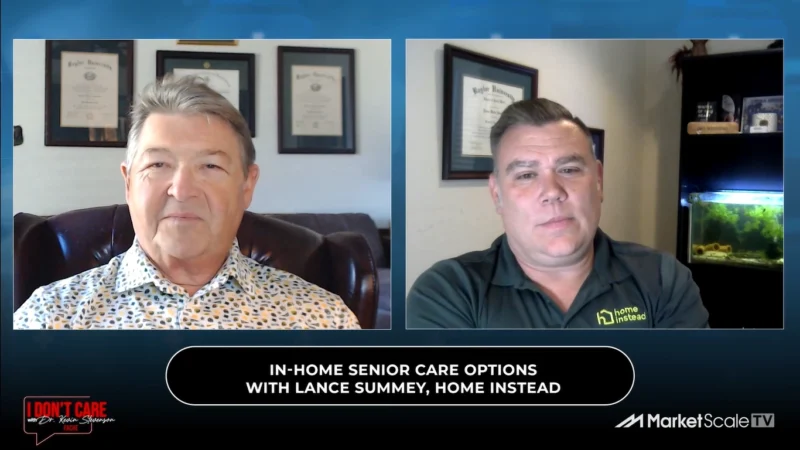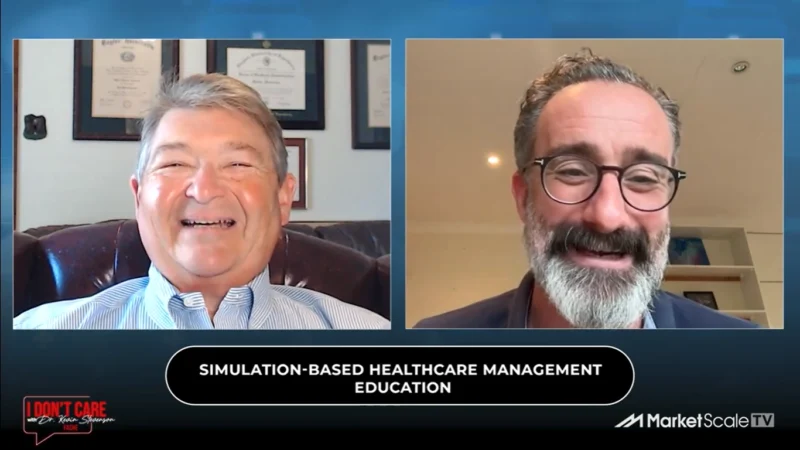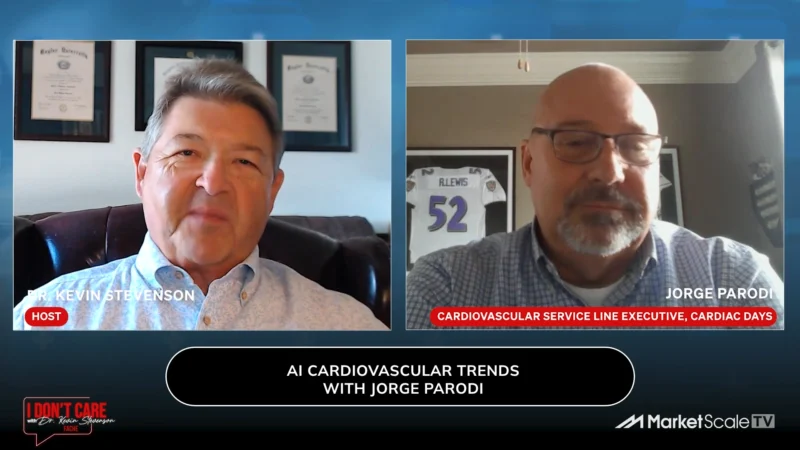AI-Powered Remote Cardiac Monitoring Improves Care Access, Disease Detection, and Diagnostic Accuracy
Advancements in artificial intelligence are transforming healthcare, and remote cardiac monitoring is at the forefront of this change. With cardiovascular disease impacting nearly 50% of the population at some point in their lives, early detection and efficient diagnosis are crucial. Enter AI-powered cardiac monitors that provide near real-time data, reduce diagnostic errors, and improve access to care. But how exactly does this technology work, and what does it mean for patients and healthcare providers?
Welcome to I Don’t Care. In this episode, Dr Kevin Stevenson sits down with Stuart Long, the CEO of InfoBionic.AI, to explore the transformative impact of AI on cardiac monitoring. From continuous monitoring that detects arrhythmias in real-time to algorithms developed in collaboration with Mayo Clinic, this conversation addresses a vital question: How can technology redefine the landscape of cardiac care?
Key Points of Discussion:
- Continuous Monitoring Revolution: InfoBionic’s device streams data to the cloud, using AI to process millions of heartbeats and prioritize critical information for physicians.
- Reducing False Positives: By leveraging advanced AI and signal processing, the company has reduced false positives for atrial fibrillation by over 85%, providing clinicians with cleaner, more actionable data.
- Improving Health Equity: With remote cardiac monitoring solutions that eliminate the need for in-person visits, InfoBionic ensures greater access to cardiac care, especially in rural areas.
Stuart Long is a seasoned healthcare executive with over 30 years of experience leading and scaling companies in the medical device and healthcare IT sectors. As CEO of InfoBionic.AI, he has pioneered advancements in AI-powered cardiac monitoring, significantly improving diagnostic accuracy and patient outcomes. With expertise in enterprise software, medical imaging, and strategic operations, Long also brings a strong background in marketing strategy, honed at Cornell University’s Johnson Graduate School of Management.
Article written by MarketScale.




